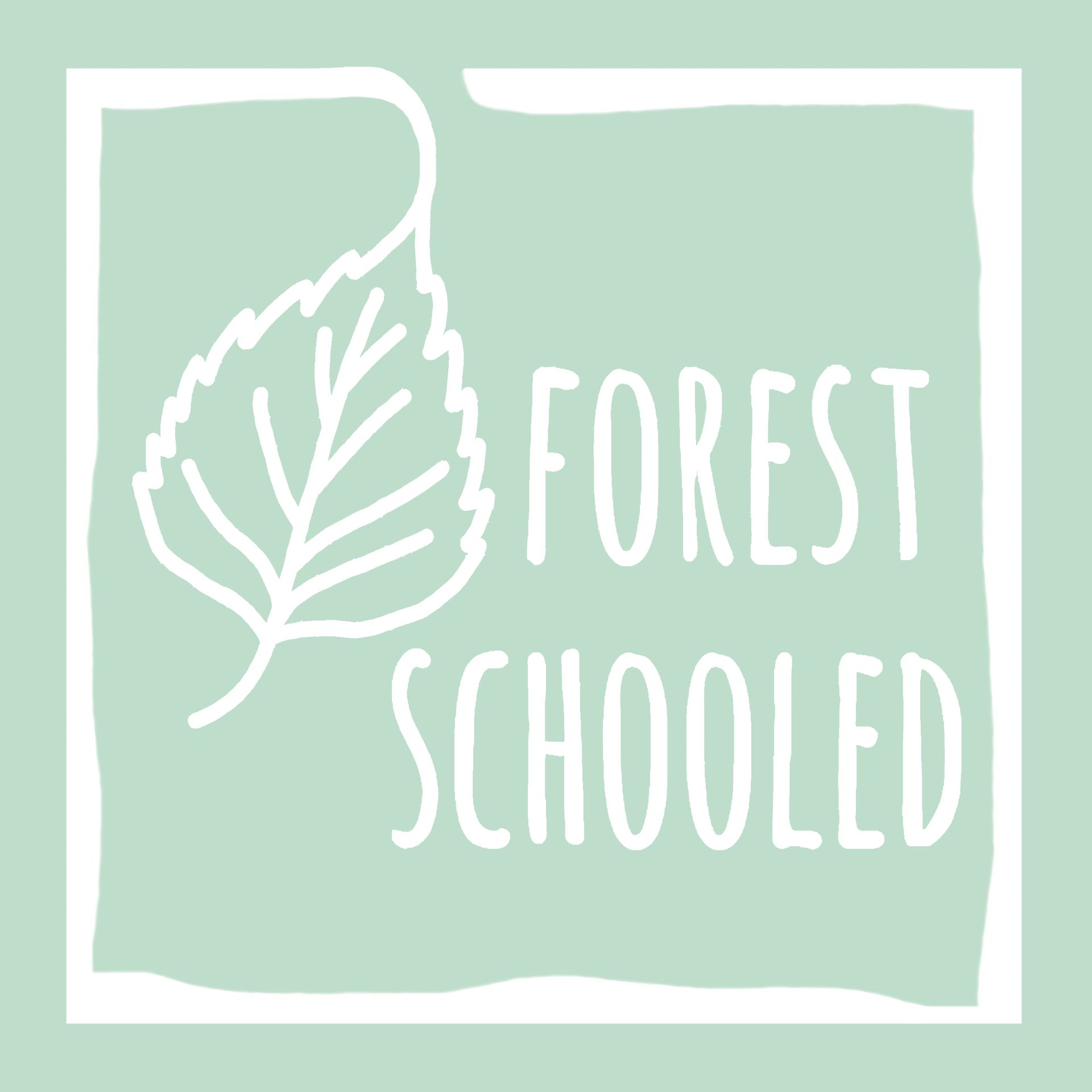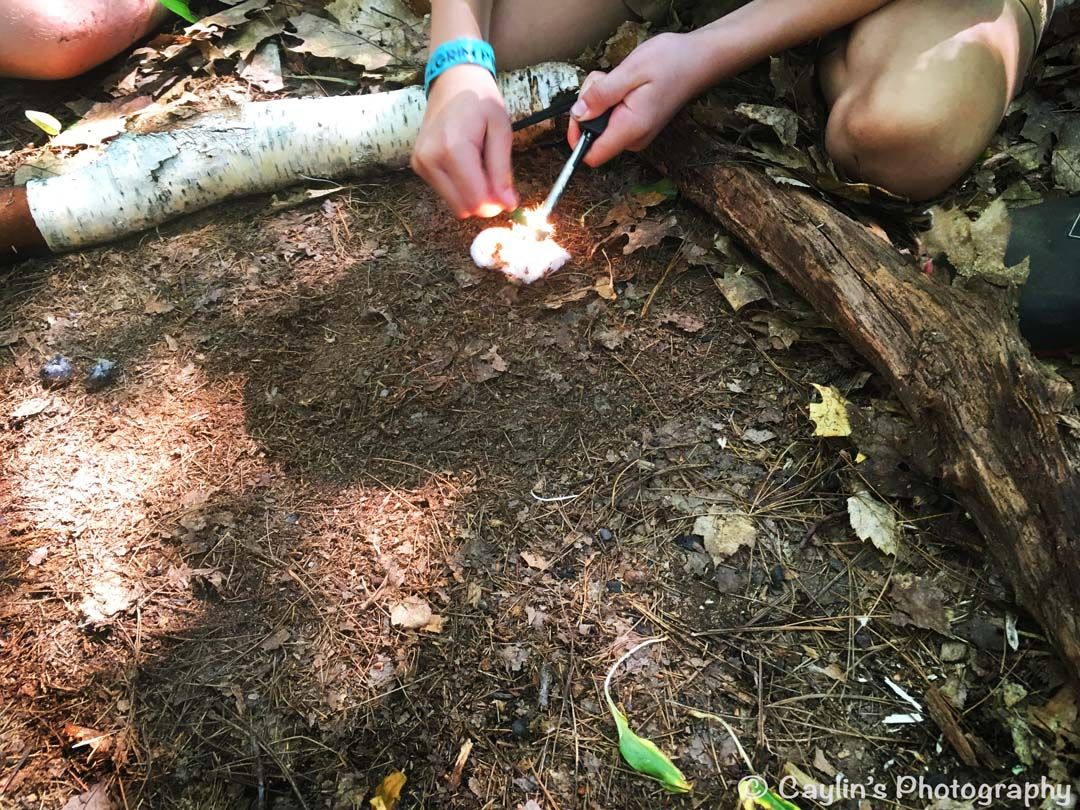
Blog
Stories from my personal journey learning about and delivering Nature-rooted programs across three different countries
Encouraging Emotional Intelligence...
Caylin (Forest Schooled)

Empty space, drag to resize
Short on time? Listen to this blog post as a podcast. And subscribe to my podcast channel on Apple Podcasts, Google Podcasts, or Spotify.
Two 7 year old boys were sharing materials to practise lighting fires. I was nearby working with another girl practising her fire lighting too. All of a sudden I heard one of the boys, Jacob, shout “AARRGGHHHHHHH!” Then he stood up, threw the fire strikers on the ground and stomped off. The other boy, Michael, watched Jacob do this, then went back to trying to light his own fire. I wasn't sure what had happened and there was no evidence to give me any clues.

When responding to instances like this I've learned to try to avoid asking the question,
“What happened?”
When I ask that question, my intention is always to show sincere concern for the feelings of the people involved and a desire to help them resolve the problem. However, instead of helping to move towards a solution, asking “What happened?” usually results in receiving two (or more) different versions of the story with the potential to incite even more arguing and frustration.
Then everyone seems to expect that I should be the one to decide which version of the story is true. And that's an impossible task when I didn't really see 'what happened'! If I'm not careful, I end up playing detective, trying to interpret who might be lying or stretching the truth. The focus starts to become about 'Who's right?' rather than 'How can we resolve what happened?' which is really not very helpful to anybody...
So, instead, I watched Jacob march off to an area of the woods nearby. He stayed within sight, but sat on a log and started to fiddle with some sticks. I turned to Michael and said, “Jacob seems really angry. Why do you think he feels like that?”
Michael didn't look up, just shrugged, and continued using his fire strikers for a while longer.
I didn't say anything, but just sat and waited.
Eventually Michael said, “Maybe because I wasn't letting him have a turn?”
I replied, “I see... So how do you feel about Jacob being angry because you didn't let him have a turn?” Michael immediately said, “Bad...”
I said, “Is there anything you could do that would help both you and Jacob feel better?” Michael thought for a moment and then responded with,
“I could say sorry.” Then he stood up and walked over to speak to Jacob.
What I found most valuable about this experience was that I was not the one who solved the problem. The boys were able to come up with their own solution based on their understanding of how to manage emotions like frustration and anger. Jacob knew he needed space from Michael once he started to feel angry. And Michael recognised that it was his own actions that had sparked Jacob's anger and came up with a way to resolve that by apologising. This was a particularly successful example of encouraging emotional intelligence to resolve a social conflict.
The term, 'Emotional Intelligence' can be defined as “the ability to monitor one's own and other's feelings and emotions, to discriminate among them and to use this information to guide one's thinking and actions” (Mayer and Salovey, 1990, pg. 189).
Emotional intelligence is a powerful tool when it comes to navigating personal relationships. Our emotions have a significant impact on our behaviour, therefore making it extremely beneficial to understand them and learn how to respond and deal with them in ways that help us maintain positive relationships with others.
Sometimes, as the adult and facilitator amongst a group of kids, it can be frustrating when arguments break out, especially when it's about something really silly or it makes an entire activity come to a halt. Sometimes I feel like it would be easier to just act as the judge and solve the problem myself so everyone can get back to what they were doing.
But then I remind myself that conflicts are a part of the learning too. Those moments of emotional outburst are valuable lessons and just because they may come at inconvenient times or places, they are still a very important part of any education.
References:
Mayer J and Salovey, P (1990) Emotional Intelligence, http://www.unh.edu/emotional_intelligence/EIAssets/EmotionalIntelligenceProper/EI1990%20Emotional%20Intelligence.pdf, 07/02/2016.
More Posts
WANT TO GET FOREST SCHOOLED TOO?
Subscribe to my email letters, something special from me to you so we can learn together. Each one is filled with heart-felt stories from the forest, resources you may find useful, and things that hopefully bring a smile too.
Thank you!
© by FOREST SCHOOLED
